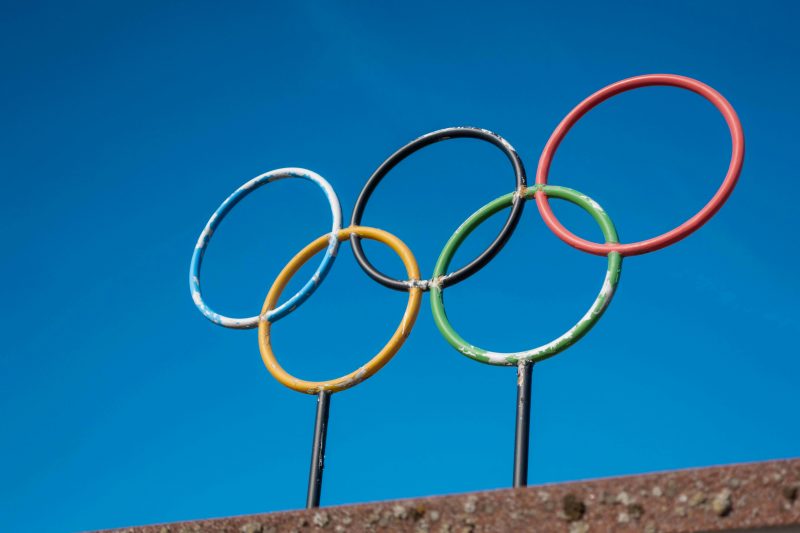The Olympics are a time of national celebration. A time of acknowledging amazing athletes at the very top of their field. For many of us, it’s also a time of sitting on the sofa eating crisps, playing judge, muttering ‘that’s too big a splash’ when we see an incredible dive. But when it comes to money, what impact does the Olympics have for those hosting and participating?
Hosting Costs
Hosting the Olympics of course means an influx in tourists, with people flocking from all over the world to watch the games. As well as this there are investments in infrastructure and creation of new jobs, helping with employment rates. All of these things prove to stimulate the economies of hosting capitals.
However, some economists believe that the benefits of hosting the games are outweighed by the debts and liabilities that come with them. The games cost billions to host, with most hosts facing overrunning costs.
For the 2014 Games in Sochi for example, costs soared to around 55 billion!
The 2016 Games in Rio De Janeiro and 2020 Games in Tokyo went over budget by over 350% and 280%, respectively.
However, this year seems to be a different story, as costs at Paris are expected to come in at under $10 billion, making them only around 25% over budget in comparison. Much of this comes down to their decision to use existing infrastructure, with 95% of their venues used for the Olympics existing before their success in winning the bid to host the Games.
Prize Money for Medallists
Although the International Olympic Committee does not provide monetary rewards to Olympic medallists, many home countries do give prize money to them…
The United Kingdom does not award prize money to medalists, but they do offer them an annual stipend to help them prepare for the games which is funded by government and lottery funds. Forbes reported this to be $36,000 a year (£27,800)
World Athletics also announced in April this year that they would become the first international federation to award prize money at the Olympics, starting with the Paris Games.
“The introduction of prize money for Olympic gold medallists is a pivotal moment for World Athletics and the sport of athletics as a whole, underscoring our commitment to empowering the athletes and recognising the critical role they play in the success of any Olympic Games. […]
“While it is impossible to put a marketable value on winning an Olympic medal, or on the commitment and focus it takes to even represent your country at an Olympic Games, I think it is important we start somewhere and make sure some of the revenues generated by our athletes at the Olympic Games are directly returned to those who make the Games the global spectacle that it is.” -Sebastian Coe, World Athletics President
They will be providing a $50,000 (£38,700) reward for athletes who win a gold medal in track and field sports.
Some people have criticised this decision, such as five-time Olympic rowing champion, Steve Redgrave who stated it is unfair when champions of other sports would receive nothing, and that it could lead to an “us and them situation” between sports.
